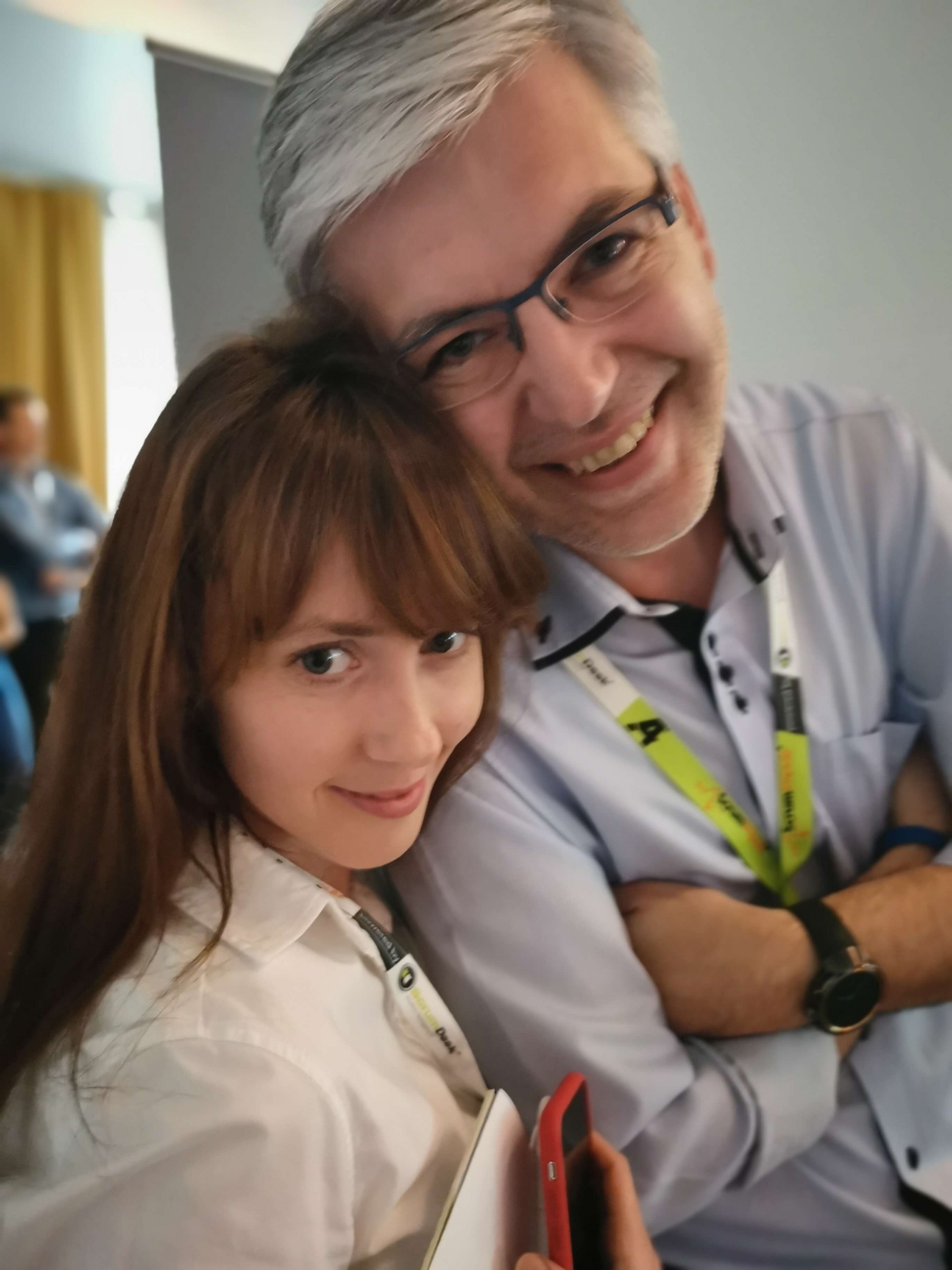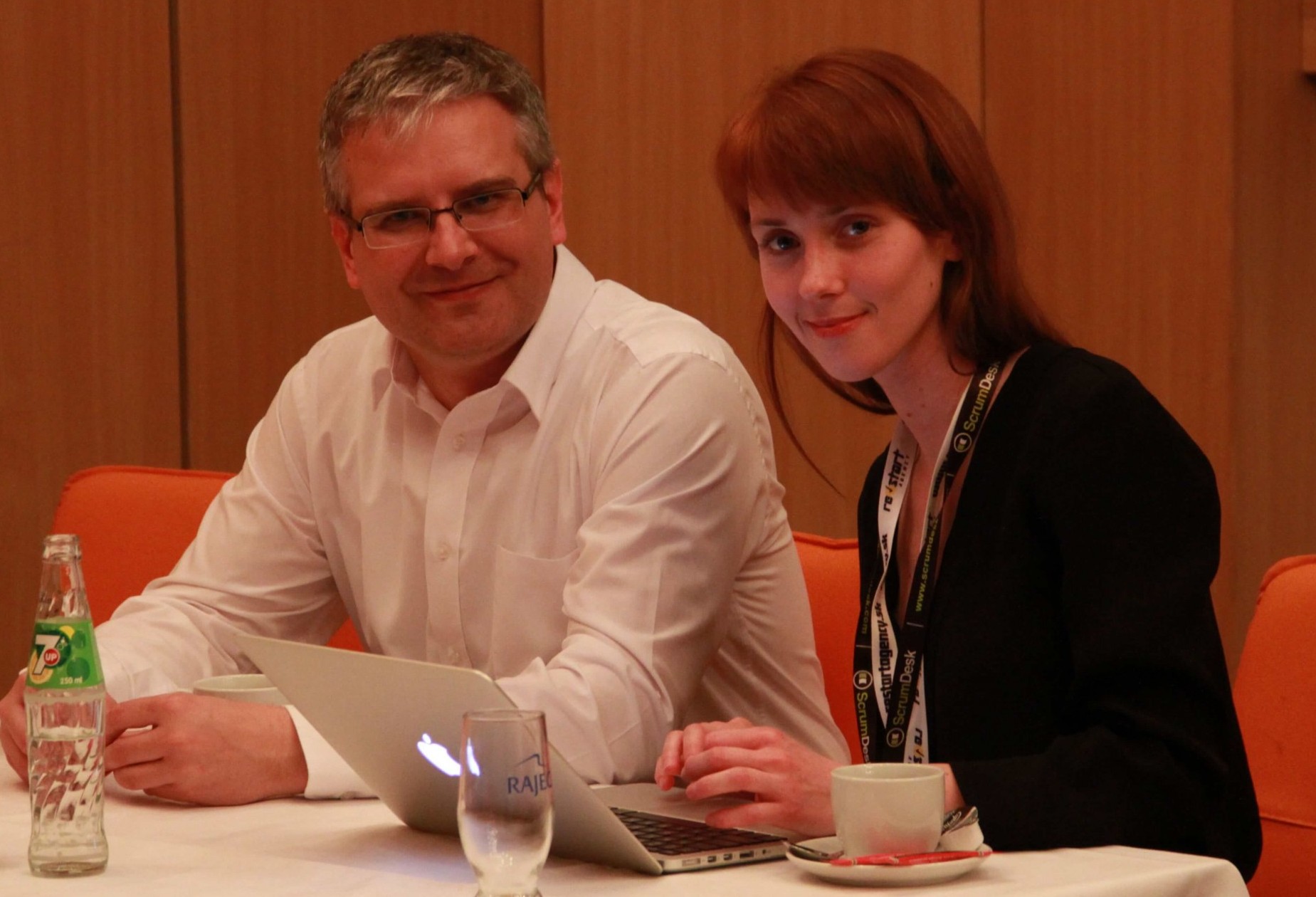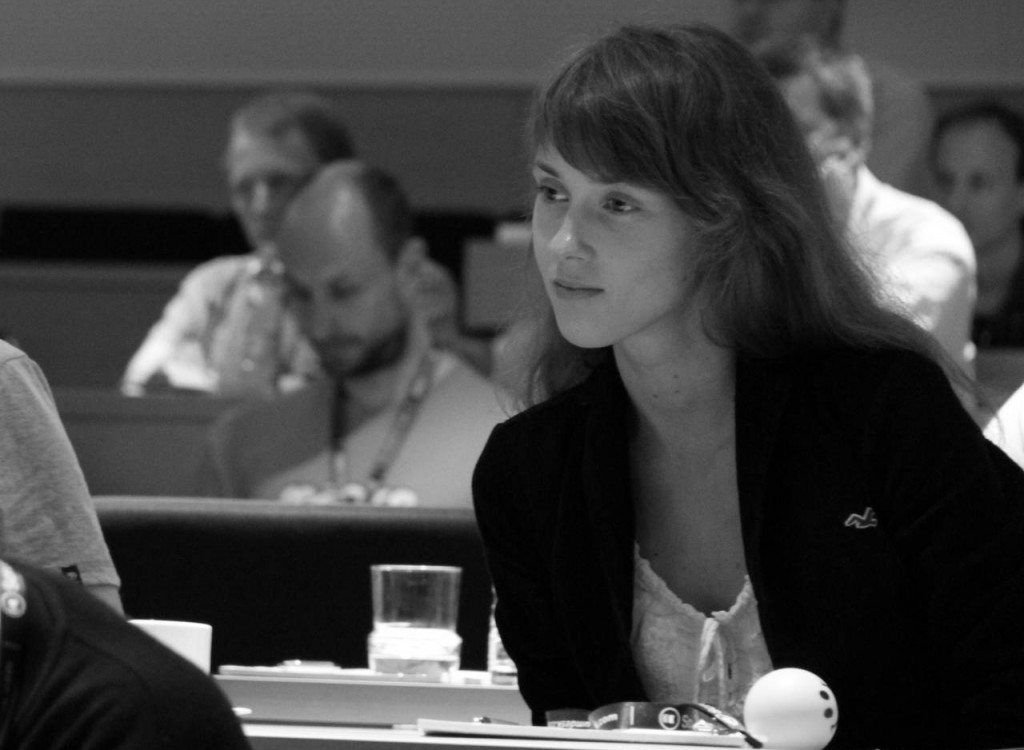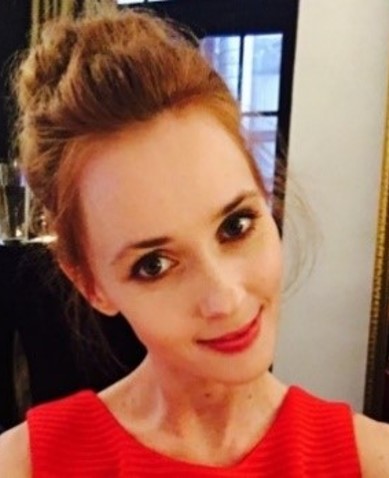Barbora Moravcová started at ScrumDesk whilst she was still studying at university. After gaining valuable knowledge from other mentors, she decided to gain practical experiences from the other side, the perspective of being a client. Later she decided to return where she belongs and began working in ScrumDesk as an Agile mentor focusing on organisational culture, relationships, and mentality. In this interview, you can read about how she found out about ScrumDesk, her good and bad experiences that come with the role of a mentor, and where she wants to move forward.
Who are you?
This is a question to which, in my opinion, exists no credible answer, because, in reality, it has several dimensions and changes over time. I wouldn’t even want to think deeper about myself and what my identity is, as If I were to do so, I would get into a fragile state. If I were to think about who I am, I would rather focus on what my life should look like, how I think about life, and how I would like to participate in my life or what I would like to achieve. Therefore, I perceive my identity as more of an ongoing process, as I do not have any fixed images of myself. I perceive a continuous feeling of myself in which I constantly move, organise, think, and reconsider.
If I perceived it casually, when I knock on the door and they asked who is there, I answer ‘Barbora’.
You started with Agile during university, what led you to do that?
I got into it a little naively. During my postgraduate master’s degree, I had the ambition to continue my studies at the faculty. I was interested in research and imagined my future sitting in a white coat with glasses and a stern look on my face, lamenting the results of the last survey. I was looking for a unique topic that would make my subsequent work at the faculty more attractive. I came across a very prestigious topic about Agile under the guidance of Dr. Greguš at the time. But I had to fight for it a lot, as he claimed I didn’t have a big enough potential to work in change management and Agile. He already wanted some input data from me for my research for my dissertation. So, I started looking for possibilities and this is how I met Dusan Kocurek. He was kind enough to dedicate his time to me and introduced me to the wide world of Agile. We worked until we extracted new products for companies from the research. Some of them are still being used today.
What is your best and worst experience with Agile?
I’ll start with the worst. What happens to me quite often, and probably stems from more of a personal attitude, is that the IT world is mainly about men. And with men, I often come across their unacceptance in the team, just because I am a woman or younger than them. The second ‘worst‘ thing is that breaking through the paths of corporations, or even small companies, is so fragile. Sometimes my best effort can fail on small mistakes.
The best experience with Agile is that I came across it at all. It opened the doors to change management and now further to coaching. I don’t even realise how it moves me forward to what I want to achieve on a professional level in life.

What do you think your job as a mentor can give to others?
I hope I already do have the relevant experiences to be called a mentor because it truly is a great responsibility. We are constantly entering people’s professional lives and visions of different organisations and try to show them the highest possible level of functioning they can achieve. For me, the work of a mentor can be taken to the next level, where one works with a person’s potential and helps them uncover what is in them. Everyone can find their own path that way. And whilst doing that, I would like to be useful to others.
What do you think is a ‘must-have‘ for a good mentor?
Definitely previous experiences. Mentor has to know the situations; they have to know many answers and experience their own downfalls. You cannot become a mentor in one day, it’s a long run with at least a few years of experience.
What was your journey to mentoring?
It was quite funny. Whilst I was learning about Agile in ScrumDesk, I subsequently had my ‘mini-jobs‘. After high school, I spent quite a long time in Australia working as a student consultant. It was an intensive work with a lot of administrative support and everything I was doing was in English, so it was a good start in the world of work. That’s where my work journey began and travelled through typical administrative roles. Eventually, I came into contact with ScrumDesk and since then it has gained momentum. During my studies, I was a trainee at ScrumDesk, and in order not to enter the consulting world right away, I left and experienced everything from the perspective of a client. I started as a ScrumMaster and over time gradually moved into the role of an Agile consultant, which I did for several years in different companies. I still don’t know whether I can call myself an Agile mentor, but at least I have the journey and stories to support my role. I have experienced and also know the highs and lows that happen in organisations during implementations.
What made you come back to ScrumDesk?
I wanted to work in a team again. For two years, I was working as an Agile consultant alone and for me, as a woman, it was very challenging to try to pull several different projects at the same time in companies in different industries. Doing so, I ended up being severely exhausted from this setup. That’s when I said to myself enough is enough, I want to go back somewhere where I can share what I am doing with someone. Somewhere, where I can verify that the things, I am doing, are right and where people are sharing these things with me, giving us all the opportunity to move forward. So, it wouldn’t be based on my own run. I returned to where I belong.

Is there anyone that inspires you?
Someone inspires me every single day. Sometimes it’s my loved ones, sometimes it’s something I heard on the TV, other times it’s my personal trainer. There is always someone, who, in my current state of being comes like a bolt from clear skies and shows me that things can be done differently and can be moved forwards, both mentally and physically.
How do you like to ‘turn off‘?
I do not want to turn off, I am always on :). I try to plan my activities and dynamics of life, so I don’t have to look for an escape. Usually, when it happens that I want to turn off, it’s because of things happening in the environment around me, that I have no control of. That’s when it becomes a struggle for me because I have to accept the circumstances that life has prepared for me and persist.
Otherwise, I like to spend my free time training, reading, and devoting myself to a lot of coaching. And that’s what my literature and reflections I like to read revolve around. I also like to paint pictures. This is my personal free time, but if I have to extend it to the system in which I work, it is definitely my family and loved ones. I try to arrange things so that the time spent with them is always on top of my priorities.


